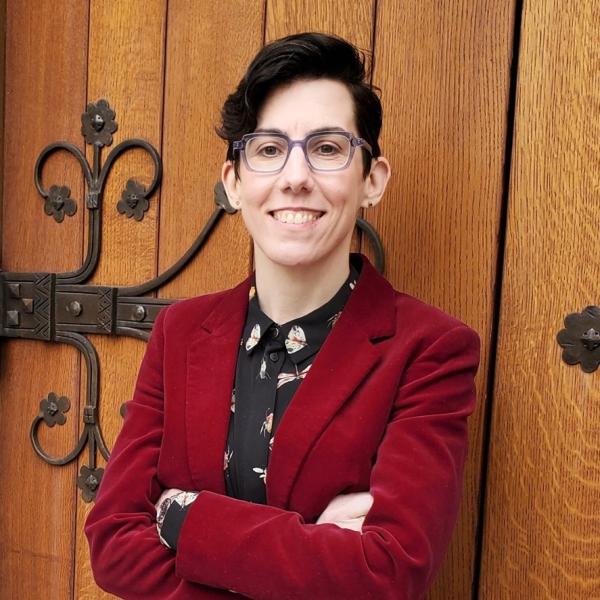STS Speaker Series. Nuclear Weapons and the Unsettling of Sovereignty in the Marshall Islands, 1941-1956
Mary X. Mitchell, University of Toronto
US colonialism in Aelōn̄-Kein-Ad (the Marshall Islands) did not involve the annexation of territory or a large-scale migration of people, but it nevertheless included many kinds of settlement. From the penetration of harmful radionuclides into Islanders’ bodies and ancestral atolls, to the installation of military technological infrastructures, to legal agreements over compensation, the US “settled” in the Marshall Islands in numerous ways. This paper uses legal conflicts and negotiations over land expropriation to explore Islanders’ and US administrators’ competing understandings and valuations of ancestral atolls. Between 1946 and 1958, the United States detonated 67 of its most powerful nuclear bombs in the Marshall Islands, which it controlled after World War II as a part of a one-of-a-kind, extraterritorial status called a United Nations “strategic trusteeship.” By the mid-1950s, the US faced growing international pressure to account legally and compensate financially for takings previously accomplished by fiat. Exploring the contours of these asymmetrical dialogues, the paper interrogates the multiple meanings of settlement on and for contaminated ancestral atolls. The paper shows how Native lands and waters outside of the territory of the US settler state became central to the technologically-contingent global projection of US extraterritorial sovereignty after World War II. But it also highlights the fragility of that power, showing how Islanders used conflicts over US blasting to assert their own jurisdiction and intervene in international debates about the metes and bounds of state sovereignty in a decolonizing world.
Mary X. Mitchell is an assistant professor at the University of Toronto and a visiting scholar at Northwestern University’s Buffett Institute for Global Affairs. Mitchell’s work centers on the intersections of science and technology with law and social movements in the nuclear era. Focusing on radiological risk, her research explores the production and contestation of environmental inequality in the US and transnationally. She has held appointments as a faculty fellow at Princeton University’s Shelby Cullom Davis Center for Historical Studies, an assistant professor of history at Purdue University, and a postdoctoral fellow in sustainability at Cornell University Law School. Before earning her PhD, Mitchell practiced law and served as a law clerk to Judge Anthony J. Scirica of the United States Court of Appeals for the Third Circuit.
Mary X. Mitchell is an assistant professor at the University of Toronto and a visiting scholar at Northwestern University’s Buffett Institute for Global Affairs. Mitchell’s work centers on the intersections of science and technology with law and social movements in the nuclear era. Focusing on radiological risk, her research explores the production and contestation of environmental inequality in the US and transnationally. She has held appointments as a faculty fellow at Princeton University’s Shelby Cullom Davis Center for Historical Studies, an assistant professor of history at Purdue University, and a postdoctoral fellow in sustainability at Cornell University Law School. Before earning her PhD, Mitchell practiced law and served as a law clerk to Judge Anthony J. Scirica of the United States Court of Appeals for the Third Circuit.
| Building: | Tisch Hall |
|---|---|
| Event Type: | Lecture / Discussion |
| Tags: | Law, Science, Technology, And Society Program, Social Justice |
| Source: | Happening @ Michigan from Science, Technology & Society, Department of Anthropology |


